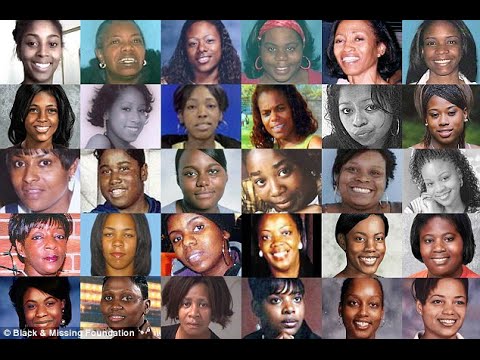CHICAGO—Miracle Boyd joined dozens of others recently for a march in the summer heat down Martin Luther King Jr. Drive shouting the names of missing and murdered Black women and girls in the city.
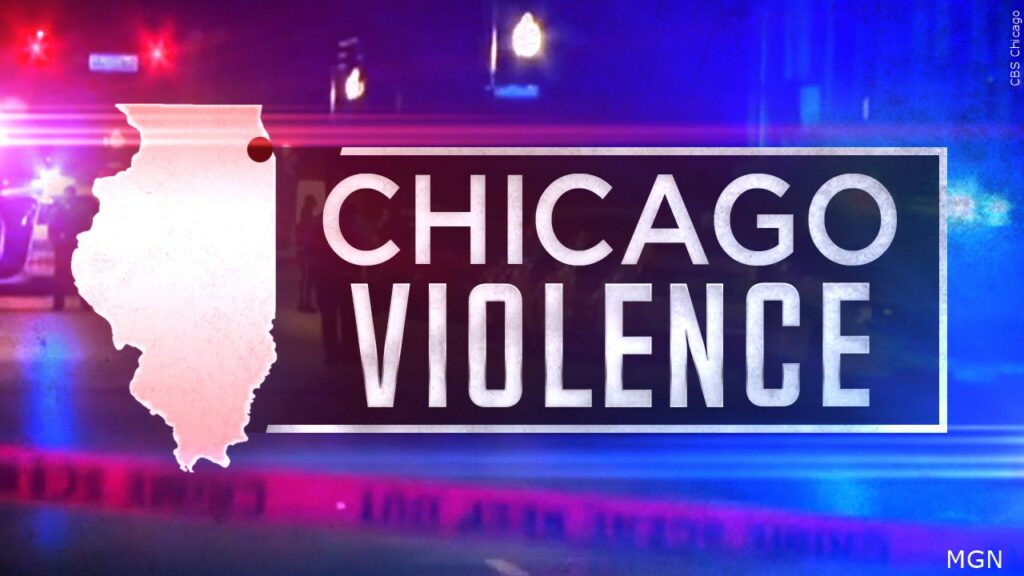
Ms. Boyd, who is a member of the group Good Kids Mad City, had a very personal reason for joining the march. The name she shouted was Daisy Hayes, a 65-year-old Black woman who was reported missing. Her boyfriend was accused of killing her, put on trial and released after a judge decided this year that there wasn’t enough evidence to convict him.
Her body was never found.
“This is one of my classmate’s grandmother so it hit very near and dear. The family was not even able to receive a proper burial for her,” activist Boyd told The Final Call during the 5th annual “We Walk for Her” march.
Chicago for decades has been plagued with Black women and girls disappearing and their bodies found without explanation.
State Senator Mattie Hunter, who serves in the 3rd District and represents Chicago, and 32 other state senators and representatives recently had approved the Task Force on Missing and Murdered Chicago Women or House Bill 3988.
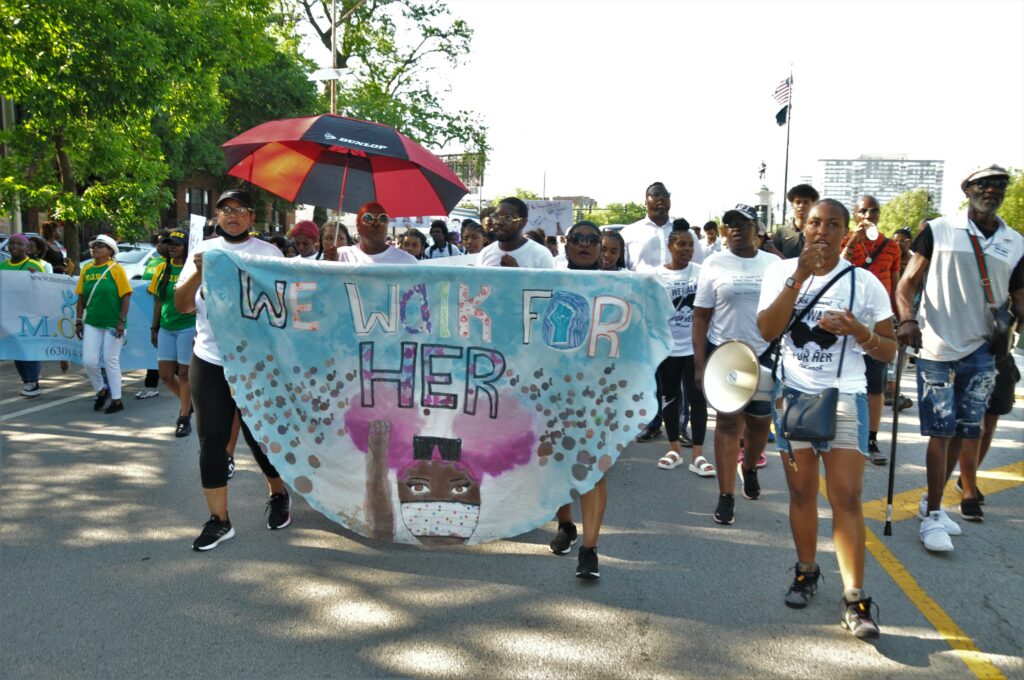
Its purpose is to discover and analyze why Black women and girls go missing at higher rates than any other race in Chicago. These women often end up murdered.
The task force will report its findings to the General Assembly and Gov. J.B. Pritzker. Its members will be appointed by Delrice Adams who is the executive director of the Illinois Criminal Justice Information Authority, or her designee; the Director of the Illinois State Police Brendan F. Kelly; and Chicago Police Superintendent David Brown.
The task force’s report will include appropriate methods for tracking and collecting data on violence against Chicago women and girls; examining policies and institutions such as policing, child welfare, medical examiner practices and looking into measures necessary to address and reduce violence against Chicago women and girls; and delving into measures to help victims, victims’ families, and victims’ communities prevent and heal from violence.
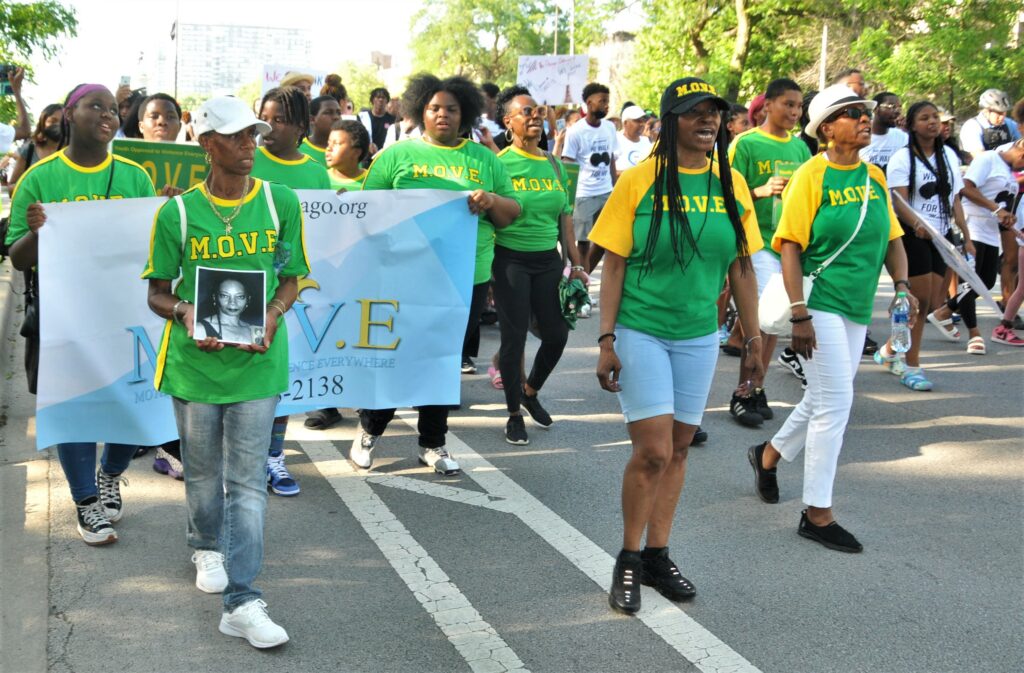
“This is an issue that we will need to get to the bottom of, Black women being murdered and nothing is being done about it by law enforcement,” said state Sen. Hunter. The Chicago Police Dept.’s failure to solve the murders of these women has led families to believe that nothing is being done, complain Sen. Hunter, some community organizations, many families and activists like Ms. Boyd.
The task force is set to begin its work January 1, 2023.
Tamar Manasseh of Mothers Against Senseless Killings believes the task force created by Illinois lawmakers is a step forward.
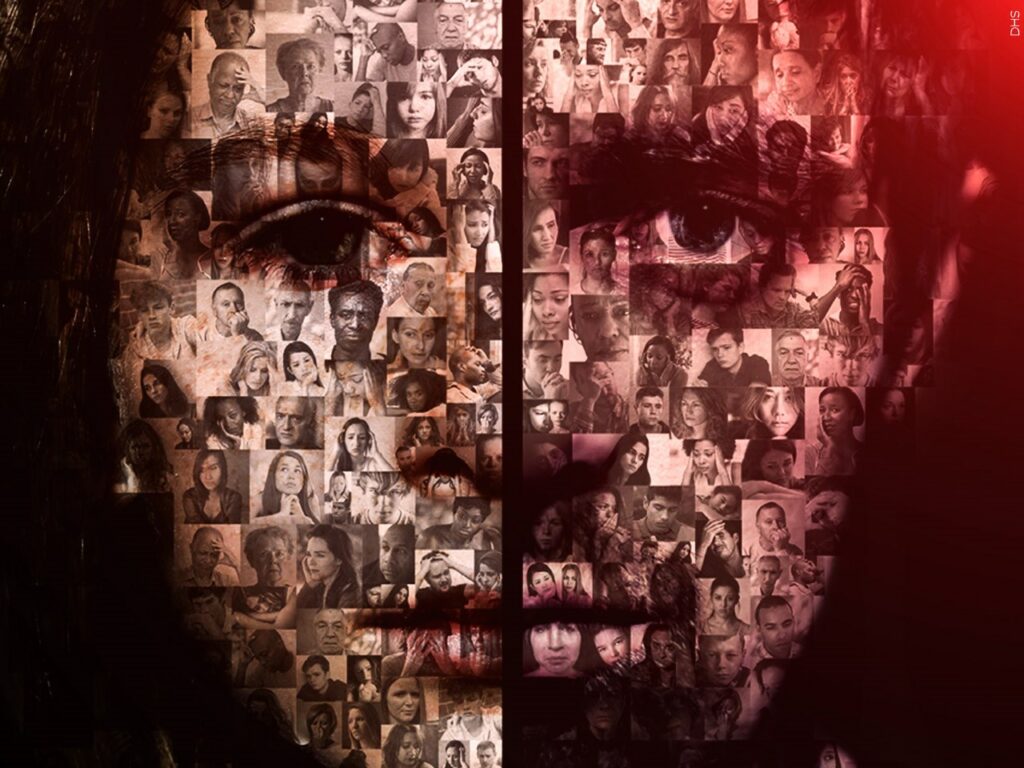
“I think we can’t create enough task forces to figure out what’s going on,” said Ms. Manasseh. “I think exploring reasons why this could be happening is a great start.”
On a neighborhood level, the idea of creating a task force has been picked up by grassroot organizations.
The Kenwood Oakland Community Organization (KOCO) began piecing together a community-led task force at the beginning of the year and are pressing elected officials, Mayor Lori Lightfoot and Governor Pritzker to help create policies that will help the families of Black women and girls who went missing and murdered. The task force’s members are community organizations that include KOCO, Mothers Against Senseless Killings and Good Kids Mad City. The Final Call contacted Mayor Lightfoot and Governor Pritzker’s office but did not receive a response by press time.
“Our community demands are a community task force and putting more cameras in our community but not to criminalize us, (and instead) using the cameras to catch the women’s last moments so we can track down who our women were last seen with,” Ms. Boyd explained.
Tanisha Williams of KOCO would like to see policies that help families heal from the trauma of losing daughters. She believes counseling should be provided. She also believes in some form of “restorative justice practice” or a process that holds wrongdoers accountable but also brings perpetrators, their victims and their families together to promote some kind of healing and not just punitive punishment.
She argues the principles should also be applied to and relief given to communities that have been violated.
Alderwoman Jeanette Taylor, who serves the New City, Washington Park and the Englewood neighborhoods, is on board with the KOCO-initiated task force.
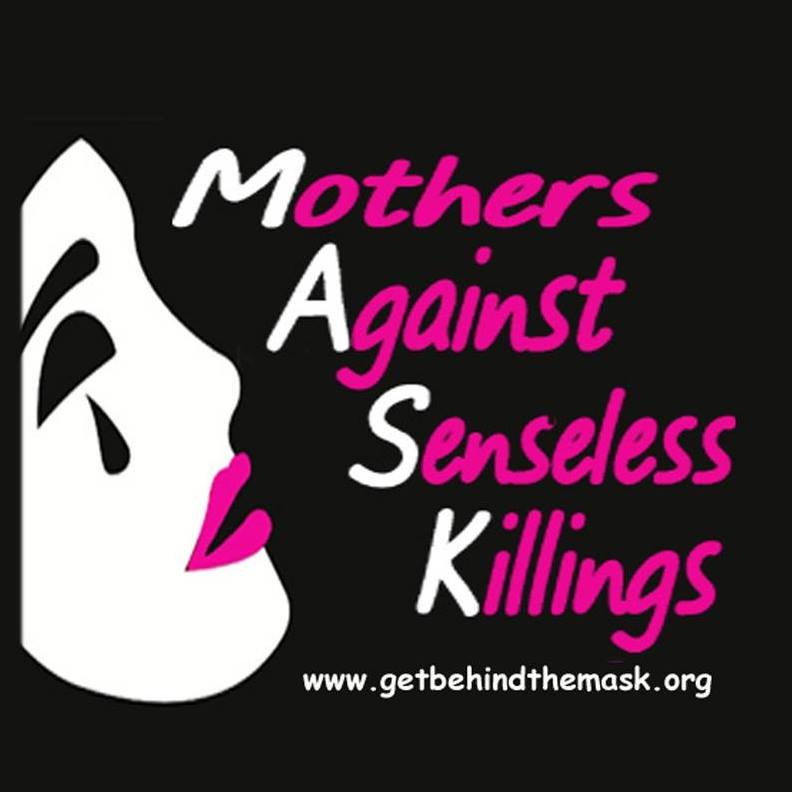
“With Black and Brown women that are missing, nothing gets done but let you be a White woman,” she told The Final Call. “I’m hoping that elected officials get off their ass and do their jobs. The community has given you a gift, they are telling you to start a task force.”
The alderwoman joined the We Walk for Her march whose purpose this year was to bring media attention to the city’s missing and murdered Black women and girls, which activists say mainstream media does not do enough of.
For five straight years, KOCO has held the march to shed light on the different reasons why Black women and girls go missing and their bodies found without explanation.
The Chicago Police Department reported that 14,343 Black women went missing between 2018-2022 compared to 2,436 White women.
“Black and Brown girls are not disposable; we are not here to be toys at your leisure. We are human beings,” said Porsche Patrice, 31, at the We Walk For Her march. “We need to bring awareness to the fact that these Black and Brown girls are being taken off the street, murdered, murdered in their homes, murdered in their cars and nobody is doing anything about it. The police are not searching for their murderers, they’re not doing anything and these families are just basically meant to cope and move on with their lives without any sense of peace or justice and that’s just not fair.”
Marilyn Harper agreed. “We need more support, and for the police to get involved and justice to the families who’re looking for answers,” she said at the march.
Sen. Hunter and the other task force sponsors are looking to deliver just that, answers that ultimately lead to justice and peace for the families of missing and murdered Black women and girls in Chicago.
(This story is the second in an occasional series on the crisis of missing and murdered Black women and girls.)












